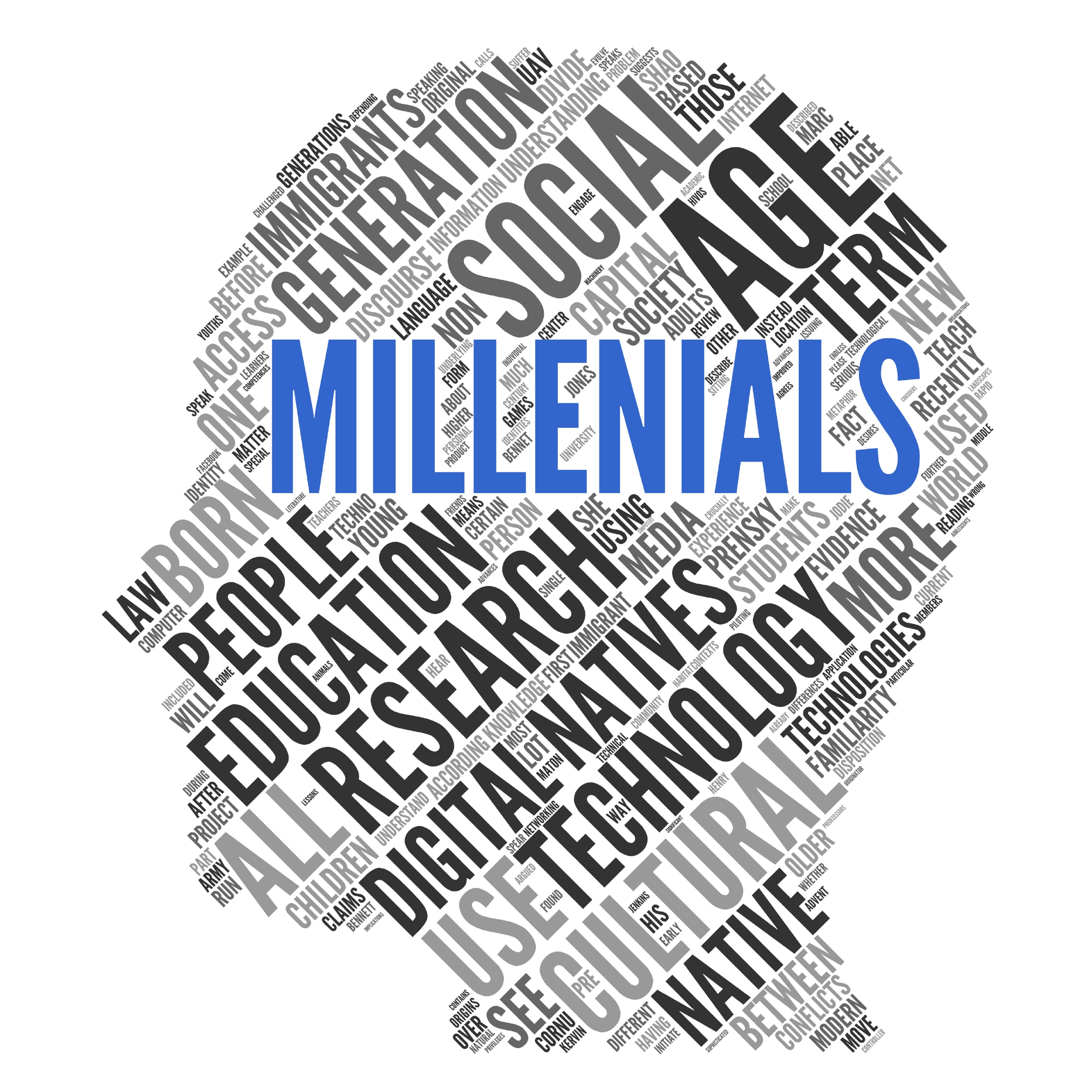
A consistent theme when talking to EMS leaders about their workforce revolves around “this generation.” This is usually followed by a series of negative attributes and reasons they feel like millennial’s might be hurting their business or even the industry. But are millennial’s just the generation we need in this era of EMS and healthcare? Research may suggest that this generation has the attributes we are looking for in our workforce.
We find that the millennial workforce is more likely to come to our organization with a college degree than previous generations. According to the Pew Research Center, 40% of all millennial’s will enter the workforce with at least a bachelor’s degree, which is up nearly 8% from the previous generation X. As EMS tries to better define what we do and our role in healthcare, it will certainly help to have a more formally educated workforce.
Millennial’s are also better able to adapt to new and changing technologies. As the first digital natives, they are the generation we want to help move EMS into a more technology centered industry. Beyond just electronic PCR’s; we see technology such as telemetry transmission, telemedicine and technology-based diagnostic tools as part of our everyday working environment. To ensure the success of these technologies we need a workforce that is willing to help define their use rather than defy it.
As EMS professionals, we don’t often get the respect that we feel we’ve deserved and earned within the healthcare world. Compared to other public safety and healthcare counterparts we earn less on average as well. We are expected to work long hours in difficult situations, but at the end of the day we have a career where we can help people and truly feel the reward of a job well done. The comments on patient satisfaction surveys and reports also help add the “thanks” into a “thankless job.”
To millennials, job titles and prestige are not a driving force in choosing a profession. You see things like the ability to make a difference and a meaningful career as factors in millennial job searches. We know that on average millennials are less likely to get married young, less likely to have a family and less likely to have expensive belongings like homes and cars. This allows them the freedom to work in a profession that they enjoy and is meaningful as opposed to find a job to simply pay the bills. And despite the often-repeated narrative, millennials are no more likely to job hop than the previous generation X. It is our job to make them, as well as all our employees, feel like their contribution is meaningful. Tools that can help are comments on patient satisfaction surveys and individualized patient satisfaction reports that show the impact of their care.
As we continue to see healthcare move in the direction that considers patient satisfaction just as it does clinical outcomes, doesn’t it make sense to have a better educated and more motivated workforce? Along with this, we need to recognize that simple promotions and pay raises aren’t going to help motivate our millennial providers, but providing them with a meaningful and comfortable work environment will increase the quality of our workforce.